
I was born in Guatemala and made Aliyah with my family at age 8. My family stumbled across the Masorti movement and I went through the NOAM Youth movement. I learned how to read Torah and Haftara almost as an afterthought (with thanks to my mentor and friend Nurit Novis ) and have been reading ever since.
My professional path has slalomed between occupational therapy and Jewish Education and has taken my family and me to two adventures of Shlichut- 4 years as the Far West USY shlicha and another 3 years in Chicago as the Jewish Agency representative to the Midwest.
I currently reside in Kibbutz Hannaton with my husband and three children and serve as the Educational director of the kibbutz and the Educational Director of the Educational Center of Hannaton.
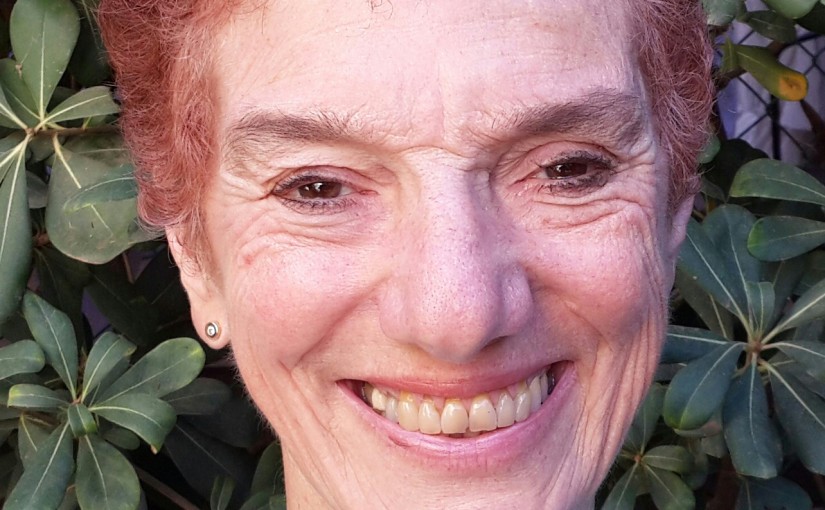
Susie passed away peacefully in May, 2017 after a long battle with cancer. She remained active throughout. The autobiography which follows was written in 2015 and the website is a part of her legacy:
I have been a teacher in the field of special and Jewish education for more than 40 years. I’ve taught young children in day care settings, in the United States and mostly in Israel, typical and atypical teenagers preparing for their bar and bat mitzvah, typical and atypical adults expanding their knowledge and involvement in Judaism. I am an active member of Kehilat Hod ve-Hadar, an egalitarian Masorti (Conservative(congregation in Kfar Sabah, Israel. I love teaching. I love reaching out to everyone. I love adapting material to individuals. I love the communication and learning that flows between us. I had my Bat Mitzvah when I was 35, so it’s never too late to start. With this website we reach out to all of you, wherever you may be, to help involve you in your Judaism, to be part of your Jewish community.
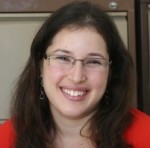
My name is Dikla Druckman and I am a student at the Schechter Rabbinical Seminary in Jerusalem. The first time I encountered Torah reading was when I was 12, as I was preparing for my bat mitzvah at Kehillat Raanan in Raanana. Dvora Rowen taught me the trope. I remember the excitement and magic that were part of the process, as well as the fears and the pressure I felt as the day of the ceremony approached. The magic of that day ignited a spark inside of me. During the following years, I forgot the melodies, but I relearned them after I finished the army, when I began to teach students for their bar/bat mitzvah ceremonies. Today, I am 30, and as part of my rabbinical program I work with Masorti congregations in a number of capacities. These include teaching courses about prayer and preparing youngsters for their bar/bat mitzvahs as well as conducting these ceremonies. I was privileged to teach in the Bar/Bat Mitzvah for the Special Child Program, working with youngsters with a wide range of disabilities. I studied music, and I am a Hazzanit (Cantor) as well as conducting a children’s choir. I have a BA in psychology and in Jewish thought, and I am currently completing my master’s degree in Jewish thought. I am also studying spiritual care.

Before I recorded Haftarah Bo, I had no idea what those trope squiggles meant. But when Susie Dvoskin, my beloved friend of nearly 50 years, invited me to participate in this marvelous project, I knew I had to do it! With Susie’s tutoring (via Skype) from 7,500 miles and 10 time zones away, I set about learning.
What a wonderful learning experience it has been – one that has stretched my brain to learn a new musical language and has given me the gifts of continuing this Jewish tradition and passing it on to others. Plus visiting with Susie during our Skype lessons!
I’ve been an active leader at Congregation Sha’ar Zahav, a progressive, historically LGBTQ Reform synagogue in the San Francisco (California) Bay Area for over 30 years.
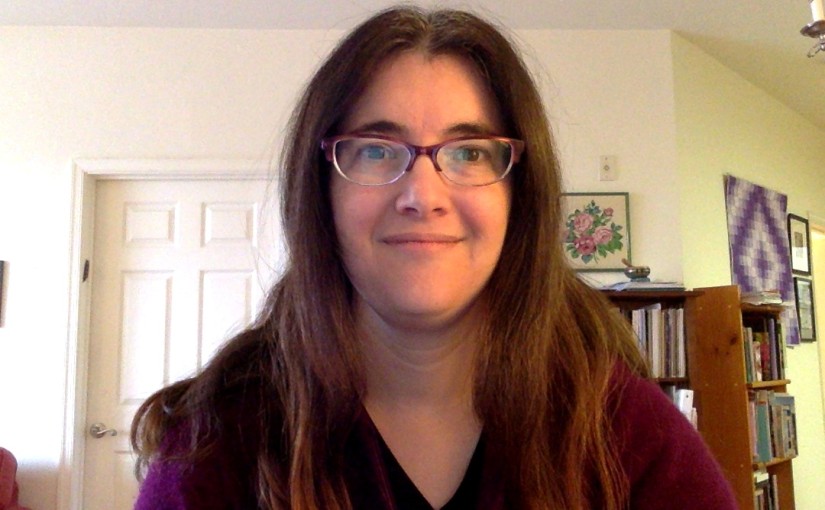
Tzvia grew up in Hod VeHadar in Kfar Saba. She learned to read Torah from Susie Dvoskin for her Bat Mitzvah in 1985. She wanted to do “more than just a party” so she read the Maftir and Haftarah of Korah, and gave a devar torah about questioning authority. She never really planned on going to synagogue again afterwards, except she was asked to teach one of the upcoming bar mitzvah students, then another, and another, then she kept being assigned more and more Torah readings – and she is still reading and teaching today. She has a special connection with anyone reading Korah, including Susie’s daughter Tamar z”l. Tzvia helped Tamar practice Korah for her Bat Mitzvah while Susie and Danny were away in Hawaii (they brought back beautiful earrings as a mahalo). Tzvia still uses a Tikkun in which she has marked every reading she has read or taught since she was 12 years old. Now, in 2015, you can find her reading Torah most Shabbat mornings at Adas Israel Congregation in Washington DC. Tzvia says, “I dislike women-only projects, but I like the people involved in this website, so here I am.”
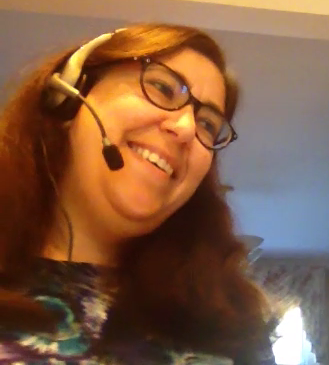
Helaine Ettinger is studying towards an Executive Masters program in Jewish Education. She is a 1991 ordinee of the Hebrew Union College-Jewish Institute of Religion. She lived for nearly five years in Kfar Saba, Israel and was an active member of the Masorti congregation, Hodv’Hadar. While in Israel she taught in the Masorti movement’s Bar and Bat Mitzvah for the Special Child program. Since returning to the United States in 2001 she has been Synagogue Outreach Coordinator for the MetroWest Jewish Health and Healing Center (2001-2003); a Board member of the Solomon Schechter Day School of Essex and Union; and a teacher in the Florence Melton Adult Mini School. She has served two congregations, the Jewish Congregation of Kinnelon for 13 years and Congregation B’nai Harim for 3 years. Within the Reform rabbinate she has been active in the Women’s Rabbinic Network and served as Co-President 2012-2014. She is married to Henry Bloom and the mother of Lyla, Yael, and Shai Bloom.
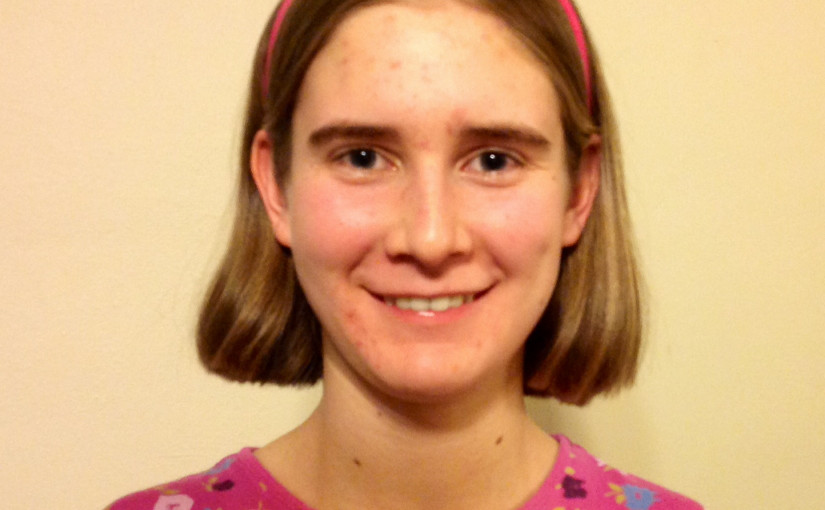
My name is Miriam Syvertsen. I met Judith when she came to Shabbat dinner at my family’s house in Wisconsin. She learned that I have been leyning at my shul regularly since my bat mitzvah in 2013, and invited me to join this project.
I love Hebrew grammar–why a dot is in one place and not another, and why there are unexpected changes in nekudot. I am fascinated by the quirks in certain words, and read any Hebrew grammar book that I can get my hands on. I enjoy explaining what I learn to my sister in bed before we fall asleep.
Reading Haftarah combines three things I have been drawn to ever since I can remember: anything Jewish, music (I play cello and upright bass), and learning new things. I also have had wonderful teachers. I am very grateful that they continue to be part of my life.
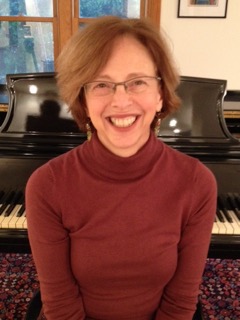
Natalie was the first girl to celebrate a Shabbat morning bat mitzvah at Emmanuel Synagogue in Oklahoma City and the first woman to read Torah at the “upstairs” adult service. She supported herself through graduate school by teaching bar/bat mitzvah students and today still enjoys chanting Torah and serving as shlichat hatzibur at Hod Ve-Hadar congregation in Kfar Saba.
Natalie has lived in Israel for over 30 years studying and teaching Judaica in various frameworks. She serves on the executive board of The Abraham Fund Initiatives, working to promote equality and co-existence between Jewish and Arab citizens of Israel. She is married to Dani and the mother of three sons. Natalie has known Susie Dvoskin for 20 years, celebrating Rosh Hodesh together and praying at Hod Ve-Hadar. Five years ago, Natalie took the big plunge and did her first women’s triathlon. Susie is her inspiration and mentor, not only in sport, but in the art of positive thinking! She has participated in this project out of a deep love and affection for Susie
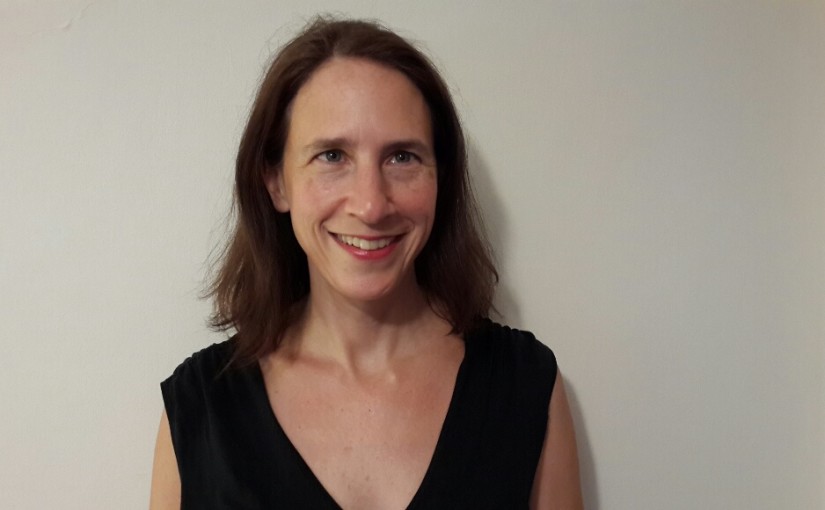
Sarah Friedman Hagbi is a lifelong learner whose most recent undertaking involved re-learning to read Haftorah (for the first time since her bat mitzvah) with Susie. Sarah moved from Maryland to Israel in 1990, and currently lives in Kfar Saba with her husband and three children. She is passionate about her work as a Clinical Audiologist treating people with hearing loss, and loves music, singing, and spending time with family and friends old and new.
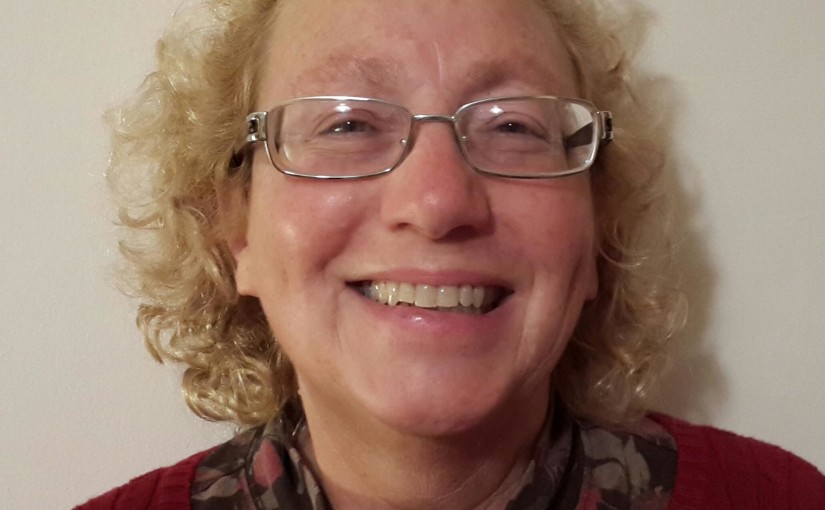
Leah Kayman was born and raised in St. Louis, Missouri and attended Camp Ramah in Wisconsin where she began to learn trope for Torah, Haftarah and Megillot. After returning from Young Judaea Year Course of 1973-1974, Leah received her B.A. in Communications and in Dairy Science from the University of Wisconsin while living at Kibbutz Langdon, a Jewish co-op/chavura with Judith Edelman and future husband Jeff Rosenzweig. In 1977 she made aliyah, settling at Kibbutz Ketura, where she has lived ever since. A founder of the Keren Kolot Jewish Studies Institute, Leah has been involved in informal education all her adult life. While working with the garinim of Noam at Ketura, Leah met both Tamar (z”l) and Oded Dvoskin.












